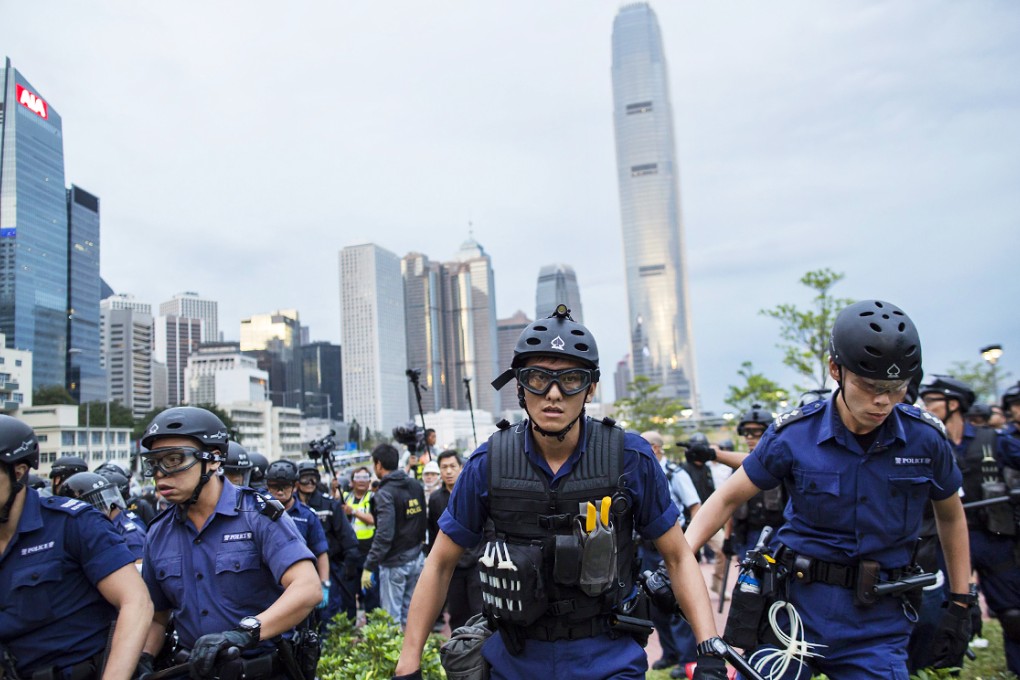The View | Loss of confidence a hazard of occupation

The early days of the Occupy Central movement had little impact on the Hong Kong economy. Twenty-nine per cent of our economy is finance – most of that globally related – and 25 per cent is trading and logistics, a legacy from our centuries old entrepôt status with China.
Just 4 per cent is involved with travel, tourism and hotels. They are a noisy and high profile 4 per cent, but are small nevertheless, and unlikely to seriously impact our economic growth.
The theory that the occupation of the streets by principled, peaceful revolting students would leave Hong Kong’s economy unscathed was predicated on the troubles lasting perhaps four weeks. Ten weeks after a moderate assembly of students was sprayed with pepper, the students remain as ever leaderless, but with the danger that more extreme elements could look to take on the police.
The government seems to have little idea of how to end the crisis in a way acceptable to Hong Kong or global public opinion, leaving the police with little to do than wait for instructions.
There have been businesses hurt by the length of time that the tents have been in the streets. Shops near the encampments have shuttered (though they open when the press and the police are absent). A few posh boutiques in Central have been as quiet as usual and some restaurant sales have been hurt.
The reaction of taxi drivers to the traffic jams has been a lesson in behavioural finance. Do they drive in the traffic jams to get half the money and double the stress? Do they stay at home and take a break? Or do they put the “out of service” sign up until they find a punter who is definitely not going to Central, Causeway Bay or Mong Kok?
